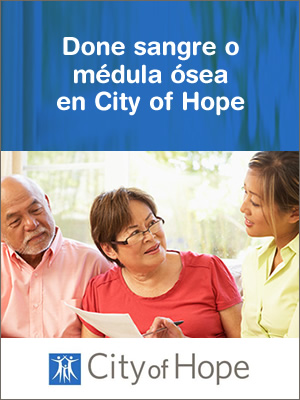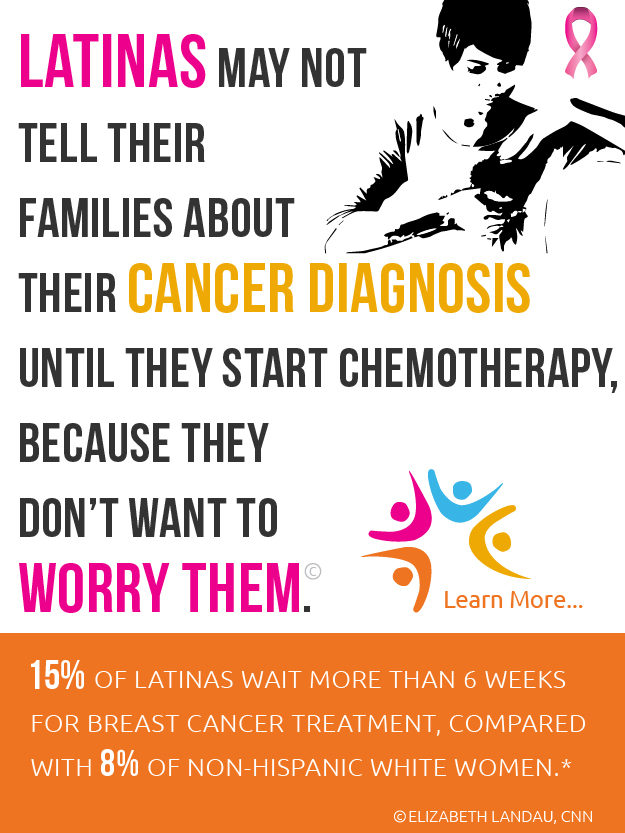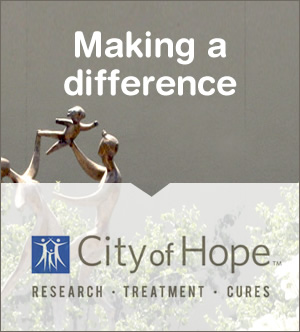
Obesity And Breast Cancer: The Risk Is Real. Now We Must Help Reduce It
03/22/2016 10:49AM | 7197 viewsThat’s not an echo you hear, it’s another study linking weight to breast cancer risk. It's also another reason to improve the health of our overall community.
Obesity and breast cancer risk: The link is real. Now we must reduce the risk.
In a report published online June 11 in the journal JAMA Oncology, researchers have concluded that women who are both obese and postmenopausal face a substantially higher risk of invasive breast cancer than their normal-weight counterparts.
They based their findings on data from more than 67,000 postmenopausal participants in the Women’s Health Initiative, which measured height, weight, frequency of mammograms and incidence of breast cancer.
The risk of invasive breast cancer was greatest for women with a body mass index greater than 35, the researchers found; they had a 58 percent higher risk than normal-weight women. A normal body mass index for women is considered to be 25. If you’re wondering what a “greater than 35 BMI” looks like, the BMI calculator from the National Heart, Lung, and Blood Institute calculates that a woman who is 5'6" and weighs 220 pounds would have a BMI of 35.5.
Exploring the connection
The study's lead researcher Marian Neuhouser, a professor of epidemiology at the Fred Hutchinson Cancer Research Center in Seattle, told HealthDay that estrogen was likely to blame for the increased risk.
"Obesity is known to increase estrogens in the postmenopausal women because estrogen is made by fat tissue," Neuhouser said. "Fat tissue also secretes inflammatory factors and is associated with insulin resistance — all of which may increase breast cancer risk."
As Courtey Vito, assistant clinical professor of surgical oncology at City of Hope, has pointed out in a previous interview with HealthDay: "Fat is not inert," she said. "It is a metabolically active organ and we've known this from many other studies."
Speaking of those other studies, although the new findings aren’t exactly an echo, they could be considered a drumbeat — one that’s growing louder.
Obesity is, and has been, a known risk factor for breast cancer. There is no way to predict who will, or won’t, develop breast cancer, but the study authors sum up the importance of the new findings succinctly:
"Obesity is associated with increased invasive breast cancer risk in postmenopausal women. These clinically meaningful findings should motivate programs for obesity prevention.”
Improving the health of our own area
With that, we come back to the health of our communities.
Recognizing that the most powerful changes can start locally, City of Hope is broadening its efforts to improve the health of its own community through what it calls Healthy Living grants. These grants, part of a pilot project designed to improve the overall health of the San Gabriel Valley, will bolster organizations that help residents eat right, exercise and make other lifestyle choices that can reduce their risks of cancer and diabetes.
Learn more about the Healthy Living grants and about the Eat, Move, Live! program, a community-based nutrition and physical activity program for obesity and cancer risk reduction.
It's by now more than clear that obesity can increase the risk of cancer — and City of Hope wants to reduce that risk.











Post your Comment
Please login or sign up to comment
Comments